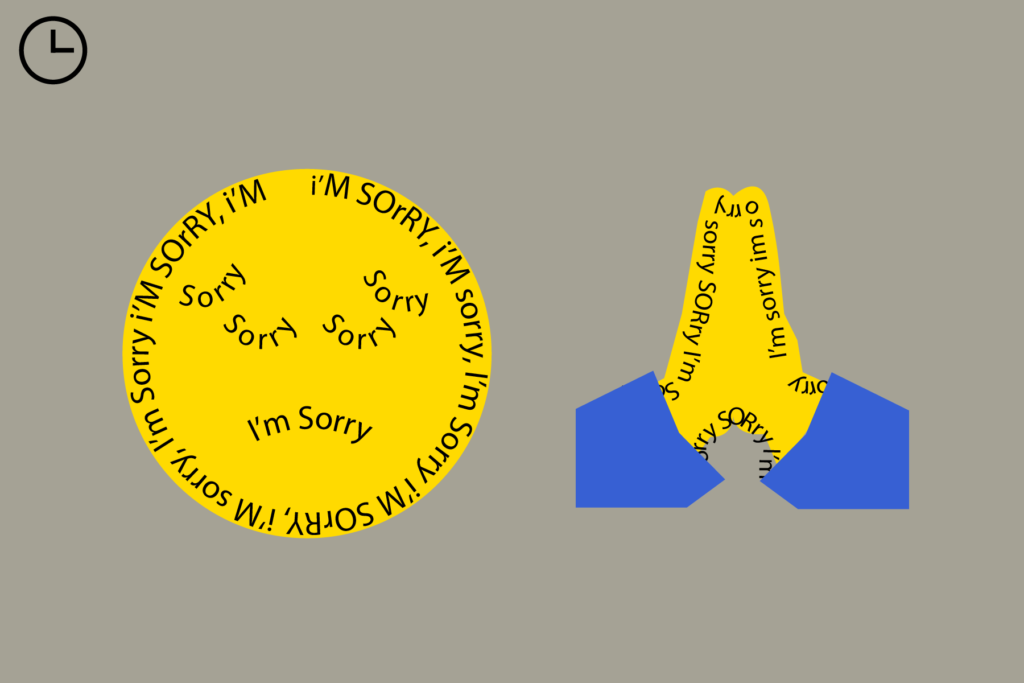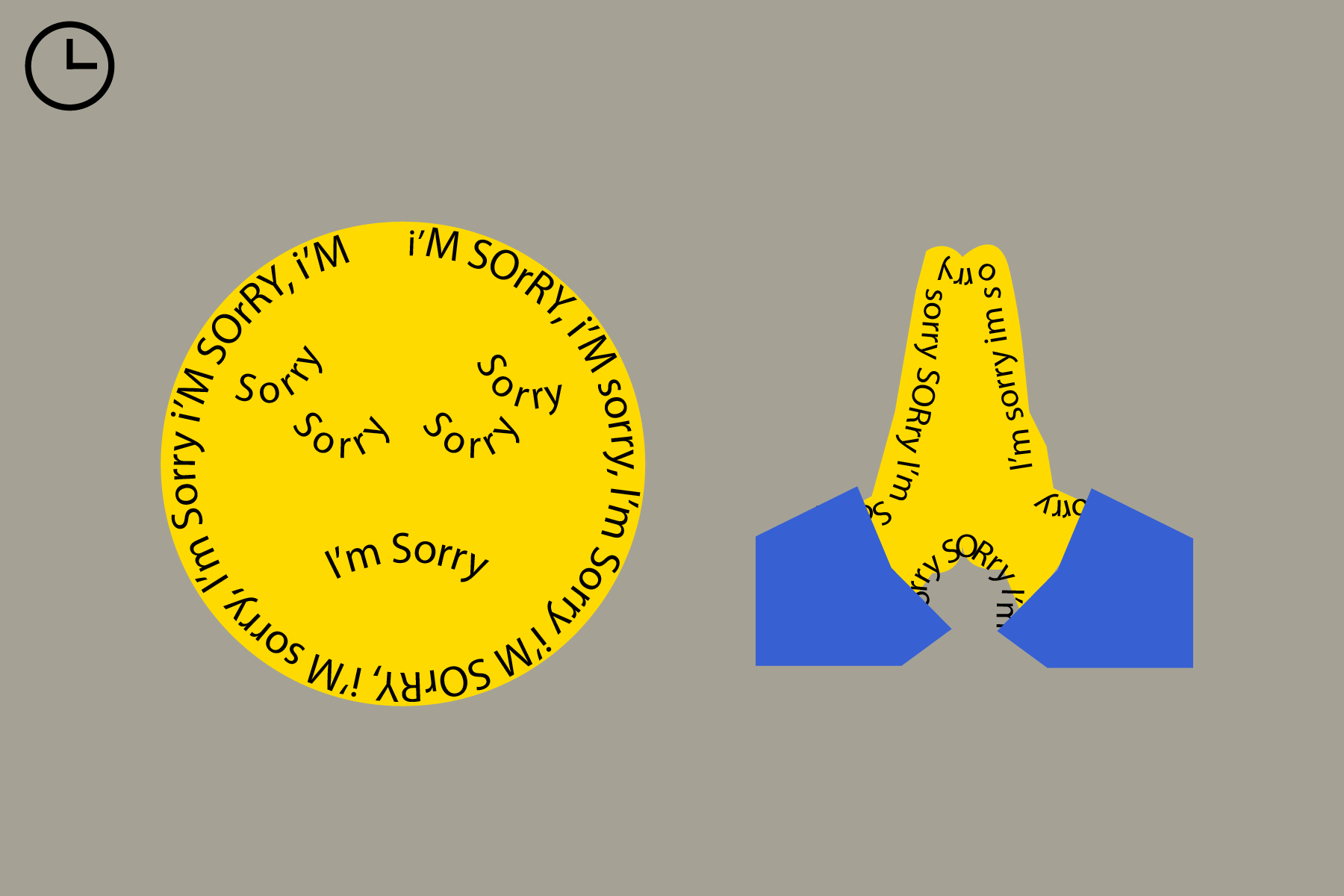Someone ran into me in the dining hall today — they were on their phone and didn’t see me. The dining hall was packed, as usual, so I couldn’t move out of the way in time. They ran into me, but I said sorry. They said nothing and kept walking.
It reminded me of the theory that women are more likely to step out of the way if the sidewalk is too narrow. My friend likes to test this theory out for herself — she walks straight on her path and sees if men will move out of her way. Many of them have run into her unless she moves at the last second.
She realized that she is always the one who apologizes when that happens. I say sorry for things like that all the time. It made me think: why am I apologizing for something that isn’t my fault? I must say sorry at least 10 times per day, almost always when I have nothing to be apologizing for.
From a young age, I was taught to apologize when I did something wrong. Over the years, there have been more and more “sorrys” in my life. I started apologizing even when I was in the right. I apologize to escape conflict. This pattern is especially prevalent in women. Women are socialized to be more passive. We aren’t expected to stand up for ourselves; we’re expected to keep our heads down and apologize.
Of course, I value a good apology. A genuine apology helps, but I think it’s only the first step in actually making amends. People can say sorry and not mean it. Or, some people give a sincere apology but never change their behavior. What’s the point of apologizing if you’re going to do the same thing again? Sorry is just a word — actions are what matter.
I’ve started making a conscious effort to say sorry less. I’m trying to escape the societal pressure to be yielding as a woman. I’m learning to resist apologizing when it’s not my fault. I’m beginning to save apologies for when they matter most.
Apologizing can be tiring. Once you say sorry, you’re accepting responsibility. There’s no need to blame yourself for something that isn’t your fault. Conversely, it’s tiring to hear “sorry” and have that person do the same thing again. So stop saying sorry and start making changes instead.


